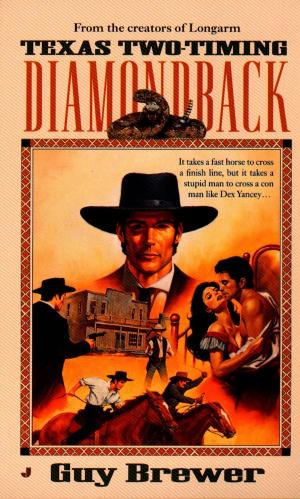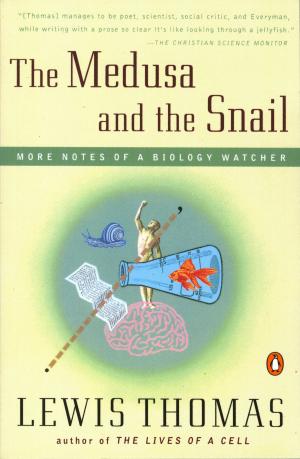River of Shadows
Eadweard Muybridge and the Technological Wild West
Biography & Memoir, Artists, Architects & Photographers, Nonfiction, Art & Architecture, History, Americas, United States, 19th Century| Author: | Rebecca Solnit | ISBN: | 9781101662663 |
| Publisher: | Penguin Publishing Group | Publication: | March 2, 2004 |
| Imprint: | Penguin Books | Language: | English |
| Author: | Rebecca Solnit |
| ISBN: | 9781101662663 |
| Publisher: | Penguin Publishing Group |
| Publication: | March 2, 2004 |
| Imprint: | Penguin Books |
| Language: | English |
**Winner of the National Book Critics Circle Award for Criticism and the Mark Lynton History Prize
Through the story of the pioneering photographer Eadweard Muybridge, the author of Men Explain Things to Me explores what it was about California in the late 19th-century that enabled it to become such a center of technological and cultural innovation**
The world as we know it today began in California in the late 1800s, and Eadweard Muybridge had a lot to do with it. This striking assertion is at the heart of Rebecca Solnit’s new book, which weaves together biography, history, and fascinating insights into art and technology to create a boldly original portrait of America on the threshold of modernity. The story of Muybridge—who in 1872 succeeded in capturing high-speed motion photographically—becomes a lens for a larger story about the acceleration and industrialization of everyday life. Solnit shows how the peculiar freedoms and opportunities of post–Civil War California led directly to the two industries—Hollywood and Silicon Valley—that have most powerfully defined contemporary society.
**Winner of the National Book Critics Circle Award for Criticism and the Mark Lynton History Prize
Through the story of the pioneering photographer Eadweard Muybridge, the author of Men Explain Things to Me explores what it was about California in the late 19th-century that enabled it to become such a center of technological and cultural innovation**
The world as we know it today began in California in the late 1800s, and Eadweard Muybridge had a lot to do with it. This striking assertion is at the heart of Rebecca Solnit’s new book, which weaves together biography, history, and fascinating insights into art and technology to create a boldly original portrait of America on the threshold of modernity. The story of Muybridge—who in 1872 succeeded in capturing high-speed motion photographically—becomes a lens for a larger story about the acceleration and industrialization of everyday life. Solnit shows how the peculiar freedoms and opportunities of post–Civil War California led directly to the two industries—Hollywood and Silicon Valley—that have most powerfully defined contemporary society.















